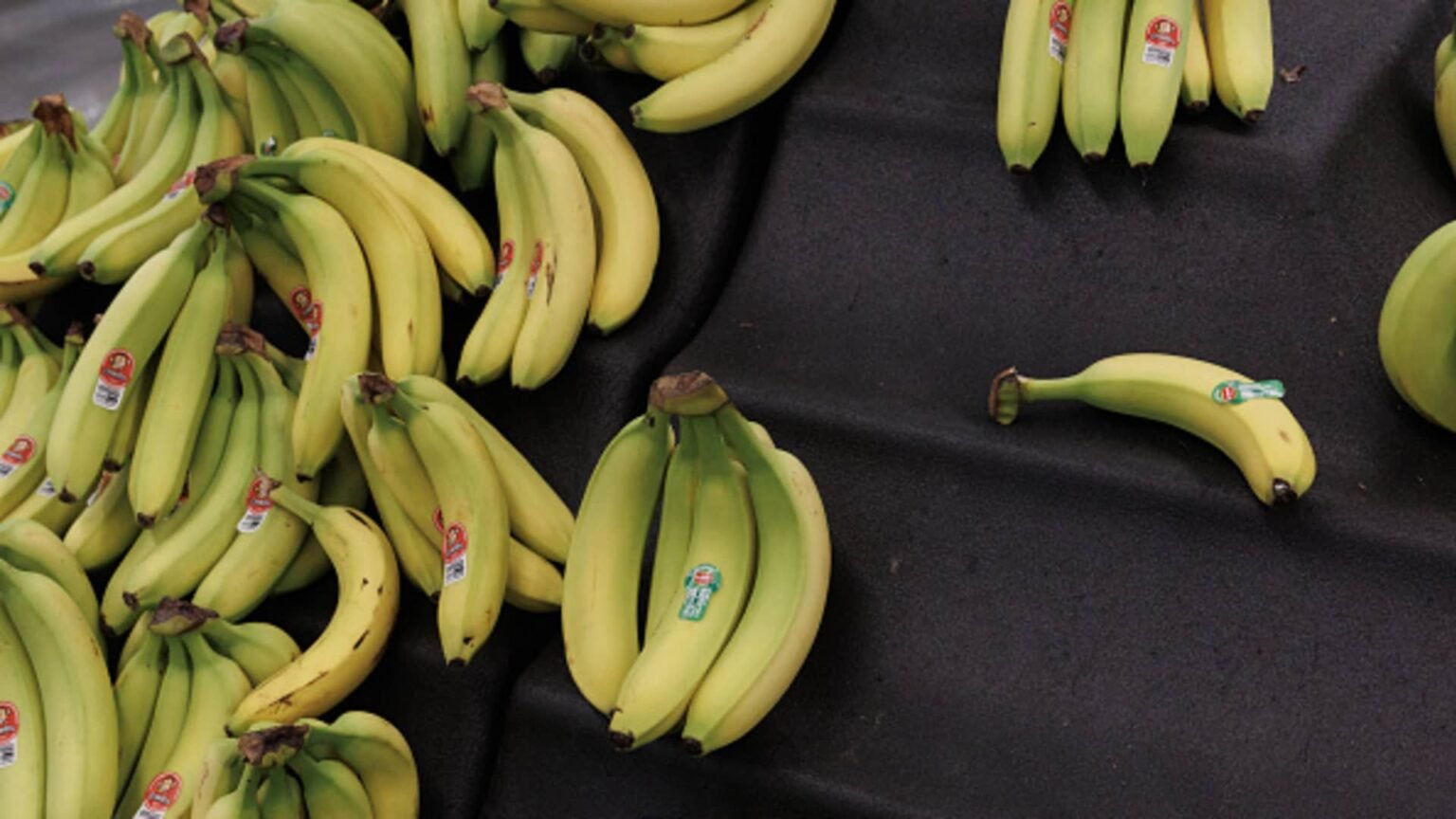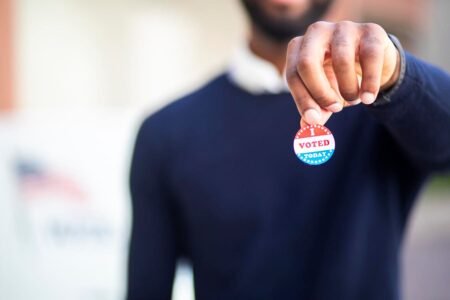The ongoing East and Gulf Coast ports strike has led to panic buying among consumers, with shoppers hoarding household items like toilet paper, causing bare shelves in stores. The National Grocers Association is urging the public to remain calm, assuring that independent grocers are working with wholesalers to secure alternative supply options and manage inventory efficiently. While some fresh produce items may become temporarily unavailable, the association emphasizes that products like toilet paper and bottled water, which are made in the U.S., are not affected by the strike.
The National Retail Federation has advised retailers to prioritize essential products and services to meet consumer demand amidst the strike. They have been preparing for the possibility of a strike for months by frontloading shipments of discretionary and non-discretionary products. Former Walmart CEO Bill Simon has warned against panic buying, stressing that it can lead to shortages of both imported and domestic products. The U.S. supply chain, designed to reduce costs by eliminating safety stock, may struggle to react to abnormal demand caused by panic buying.
John Catsimatidis, owner of Gristedes in NYC, reports that toilet tissue and paper towels are the top items being panic purchased, and his stores are exploring alternatives for transporting produce. Data shows nearly 2,000 containers of fresh produce stuck on vessels anchored off ports affected by the strike. Catsimatidis criticizes the Biden administration for not invoking Taft-Hartley, a federal law that could help resolve the strike. Stew Leonard, Jr., CEO of Stew Leonard’s, states that their stores anticipated the strike and are well-stocked through Thanksgiving. However, customers may need to adjust their purchases of fresh produce and fish due to potential delays and price increases.
The growing panic buying has raised concerns among retailers and industry experts. Walmart and Target are yet to respond to reports of panic buying in their stores. The industry is working with supply chain partners to maintain essential product availability and meet consumer demand. Meanwhile, consumers are advised to shop responsibly and refrain from panic buying, as it can disrupt the supply chain, affect prices, and lead to shortages. Importantly, panic buying not only impacts imported products but also domestic products due to shifts in consumer purchasing behavior.
As the strike continues, retailers are focused on minimizing disruption and ensuring the availability of essential goods. Efforts are being made to settle the strike quickly to prevent further impacts on the supply chain. Businesses like Gristedes and Stew Leonard’s are adapting to the situation by exploring alternative sourcing options and adjusting their offerings to accommodate potential delays in product availability. While the strike has led to concerns about product shortages and price increases, industry stakeholders are working to address the challenges and maintain a stable supply of goods for consumers across the East and Gulf Coasts.












